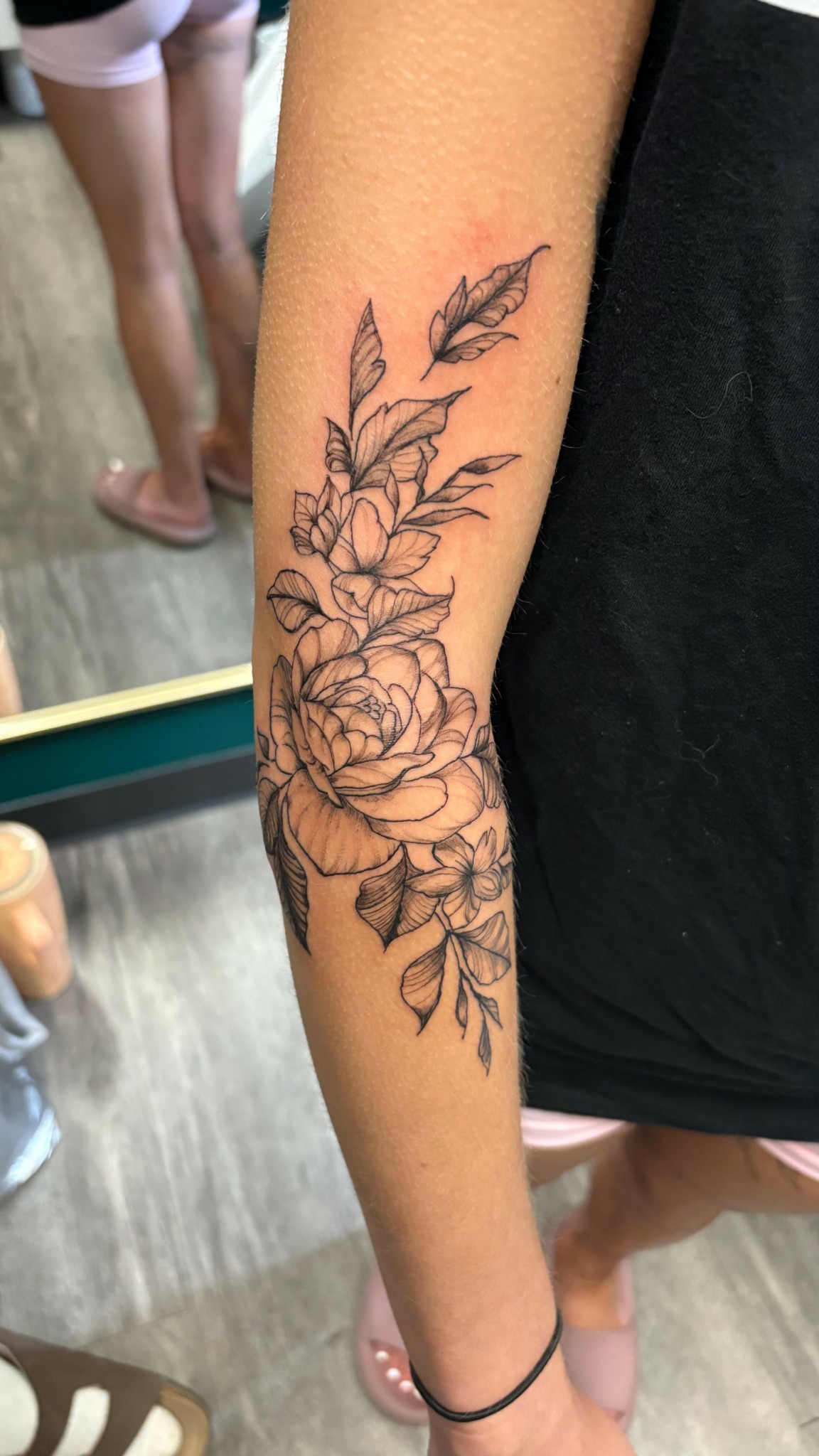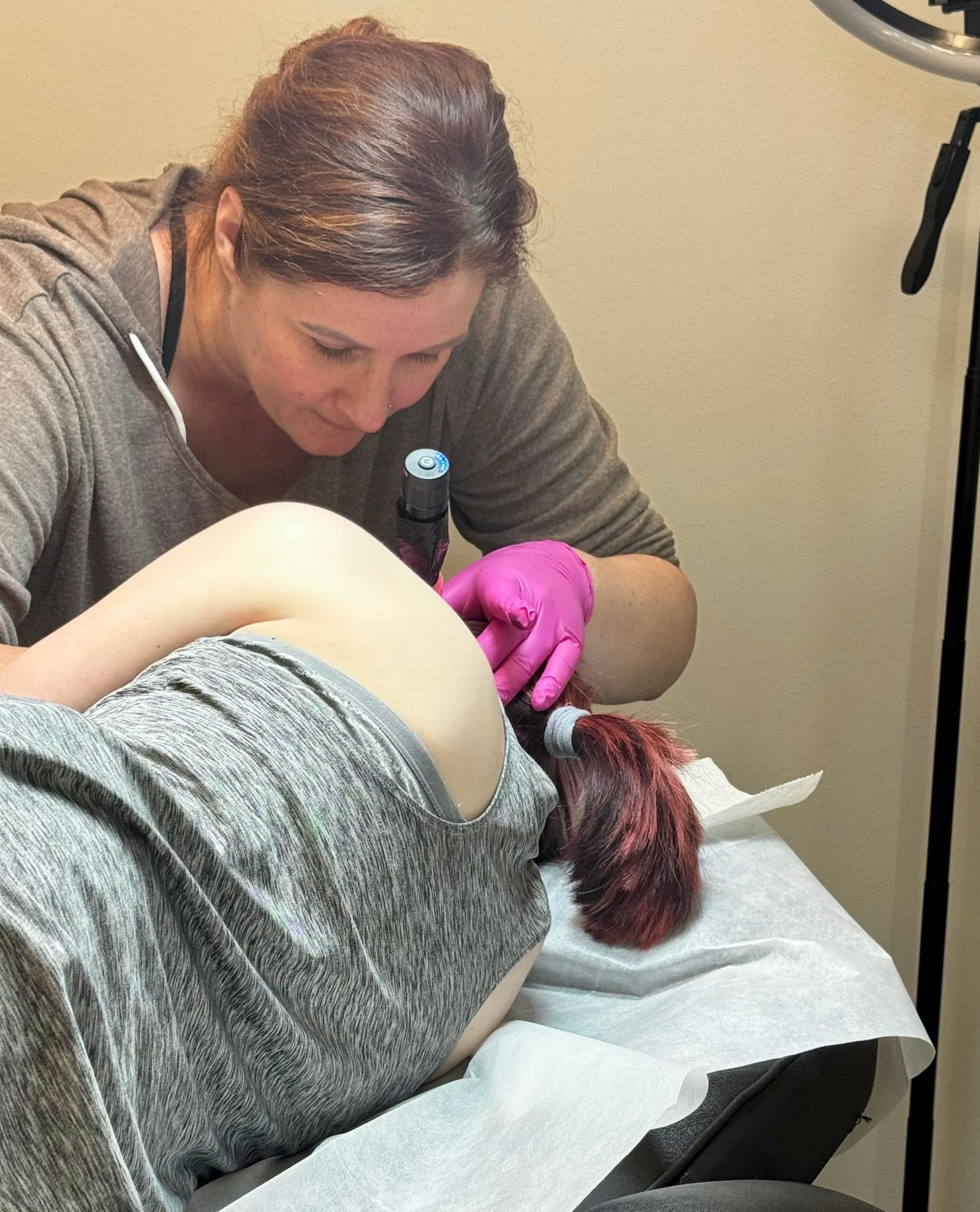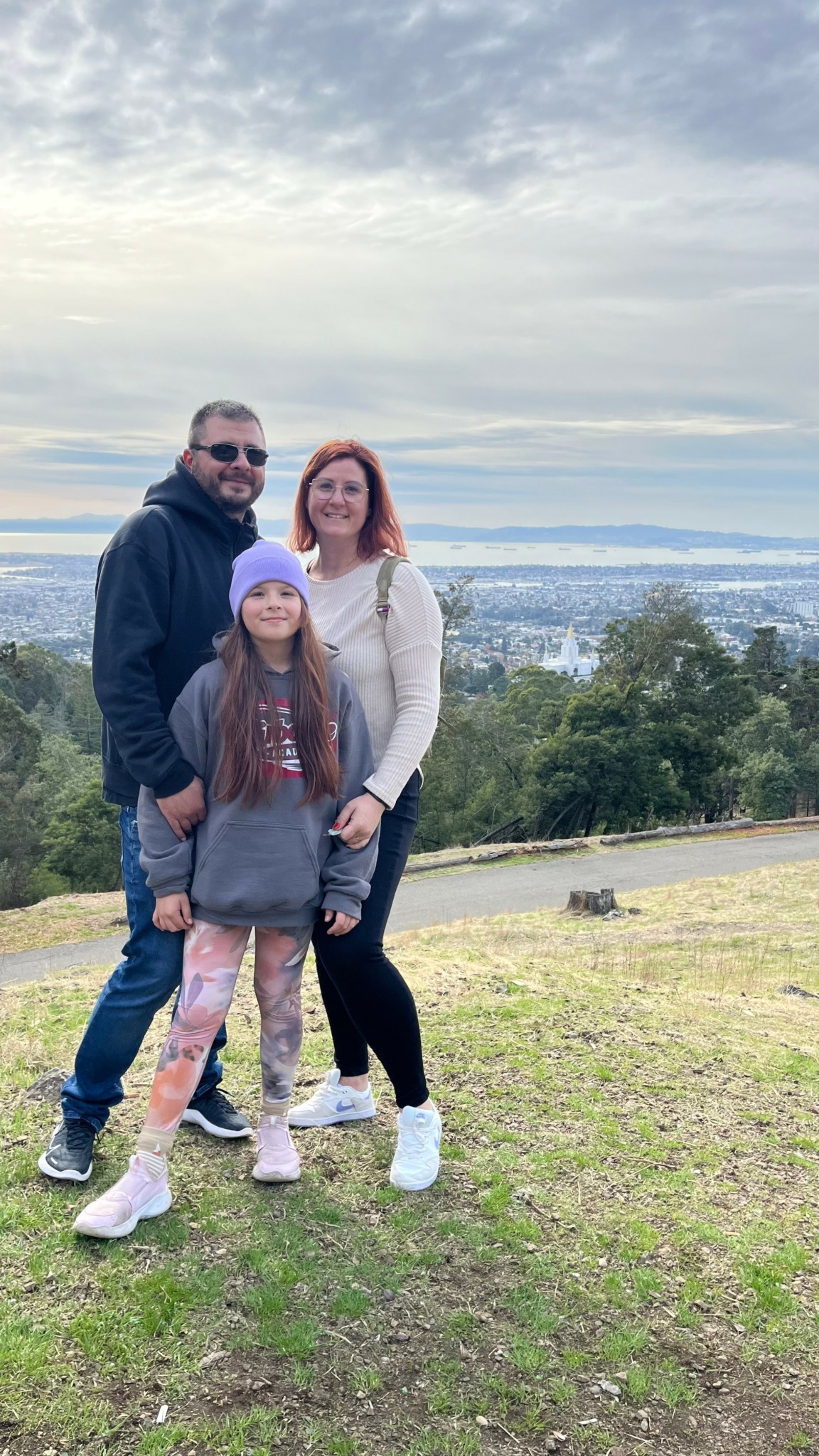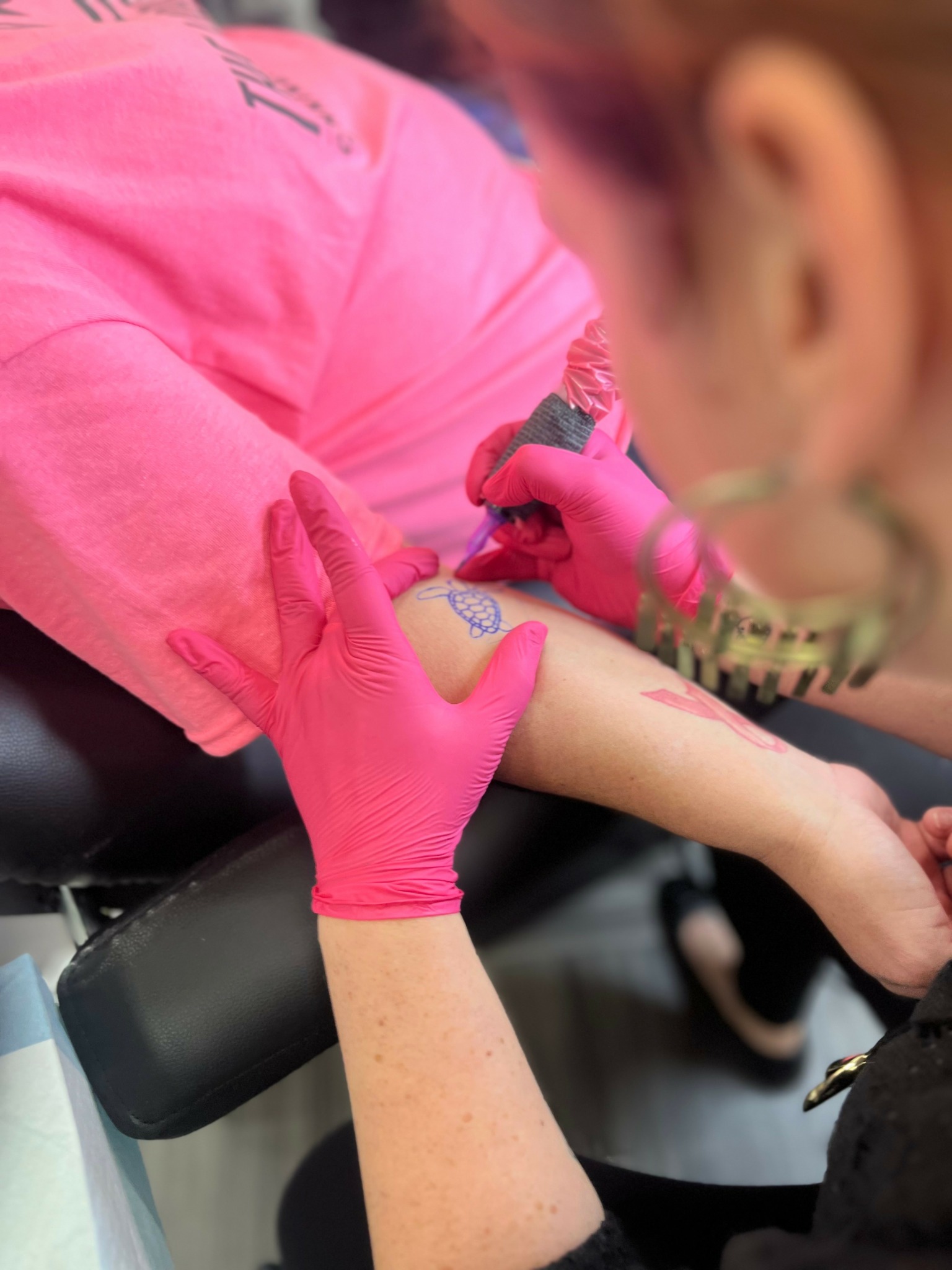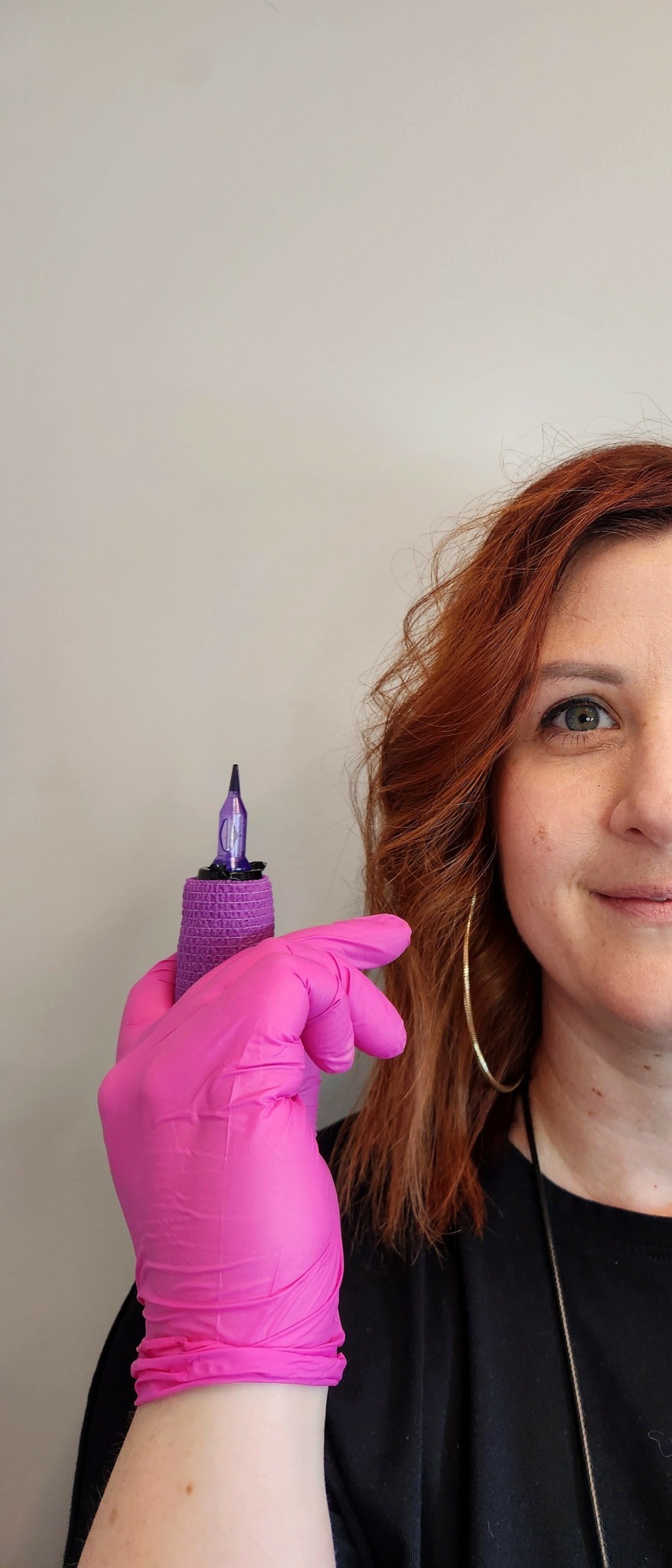We recently connected with Zsofia Bodi-Kiss and have shared our conversation below.
Zsofia, thanks for joining us, excited to have you contributing your stories and insights. We’d love to hear the story behind how you got your first job in field that you currently practice in.
It’s hard to say where one part of my journey ends and another begins. Today, I’m both a clinical psychologist and a tattoo artist – and over time, these two professions have become inseparable parts of who I am.
Becoming a psychologist was a long and intentional path. But it was also deeply personal. It gave me the tools and language to understand the human experience — not just others’, but my own as well. Years ago, I was diagnosed with an extremely rare abdominal tumor that attacked my core muscles. It recurred, and I underwent two major surgeries. The tumor forced doctors to remove most of the rectus abdominis muscles on both sides of my body. After that, I had to relearn how to walk, how to lift, how to carry out the most basic daily tasks.
I was a young mother at the time — my daughter was just 18 months old — and I fought harder than I thought I could, simply so that she wouldn’t have to grow up without a mom.
Even though I had the loving support of my husband, family, and friends, I mostly walked through this time in silence. I’m from Eastern Europe, where it’s not common to talk openly about illness or loss. So I stayed quiet. I healed quietly. I grieved quietly — including grieving the loss of the future I thought we’d have, as our ability to grow our family was taken from us.
Eventually, my husband and I decided to move from Europe to Nebraska. It was a fresh start. For the first time in years, I felt I could simply arrive — take a breath, look around, and feel gratitude every single day.
After about a year of living in the U.S., something inside me stirred. I felt like I wanted more. Not in a restless way, but in a way that said: there’s still more of you to uncover. That’s when I saw an ad for a tattoo training course. But it wasn’t just any tattooing — it focused on areola restoration for breast cancer survivors. My heart skipped a beat. I felt something light up in me. This is it, I thought. This is what I’ve been searching for.
I wanted to learn this skill so badly. Not just because it was artistic, but because it felt like a way to connect with people who had walked a road similar to mine. It felt like a way to give shape and visibility to a story I had held inside for too long.
Eventually, I learned that before diving into medical tattooing, it would be best to get solid training in traditional tattoo techniques. So I did. I studied, practiced endlessly, got all the proper licensing — and opened my own studio. I specialize in fine line, and tiny tattoos, and I work every single day on sharpening both my eye and my hand.
Tattooing and psychology are not separate to me. In the tattoo studio, just like in the therapy room, people bring me their stories, their pain, their hopes, their transformations. I help them design something symbolic — something lasting — to mark a chapter, a loss, a new beginning.
And then, something extraordinary happened. One day, a client came in and asked for a small cancer ribbon tattoo on her finger. As we talked, I learned that she had the exact same rare abdominal cancer I had battled. For a moment, time stood still. We just looked at each other — no words, just deep recognition. It was one of the most uplifting and affirming moments of my life. That’s when I knew, without a doubt: this is my path.
Quietly, patiently, I’m saving up both the experience and the resources I need to one day take that medical areola tattooing training. I’m watching for the moment when I know I’m ready. Because that will be another beginning — and I want to be fully present for it.
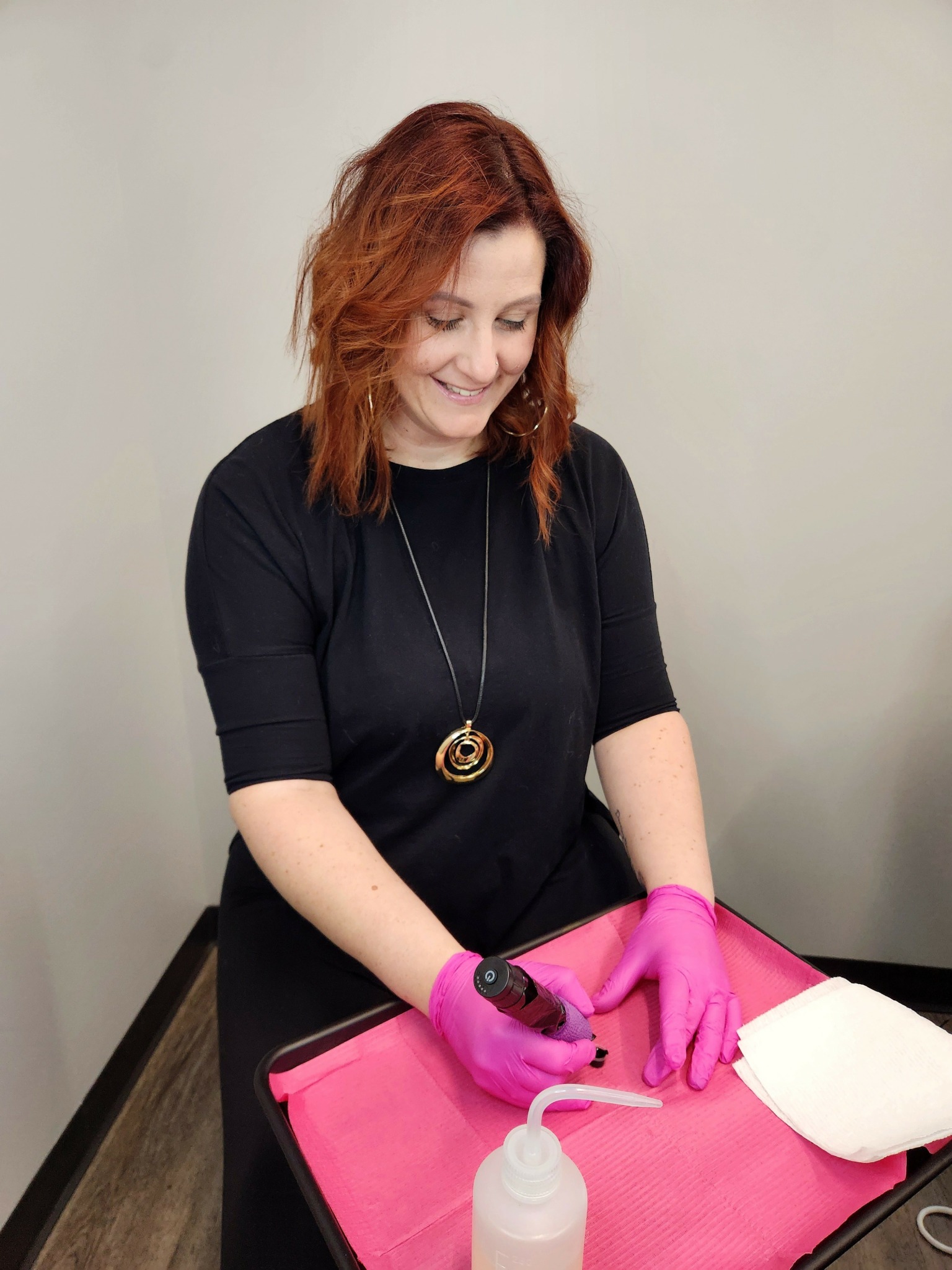
Zsofia, before we move on to more of these sorts of questions, can you take some time to bring our readers up to speed on you and what you do?
The name Tiny Elephant Ink comes from a contradiction I’ve always been drawn to — that everything is relative. Tiny or huge only means something in context. For me, that context is always the client’s story.
Of course, the name also nods to the tiny tattoos I love creating, and to my spirit animal — the elephant. I’ve always been in awe of their intelligence, their deep emotional lives, and the way the matriarchal herd operates: with trust, care, memory, and quiet strength. They grieve. They nurture. They remember.
In many ways, I try to hold space for my clients with that same energy — whether they’re coming to me for a tattoo or for therapeutic work.
Right now, I’m especially drawn to fine line tattoos — they require patience, precision, and intention. I absolutely love working with floral designs, and I’m growing more confident with shading techniques as well.
My brand is rooted in strong feminine energy. I want Tiny Elephant Ink to be a place where women — and especially those going through tender, transformative times — feel safe, seen, and celebrated. Whether someone is honoring the loss of a baby, memorializing a loved one’s handwriting, or simply claiming a moment for themselves, they deserve to experience that in a calm and welcoming space. That’s what I try to create with every appointment.
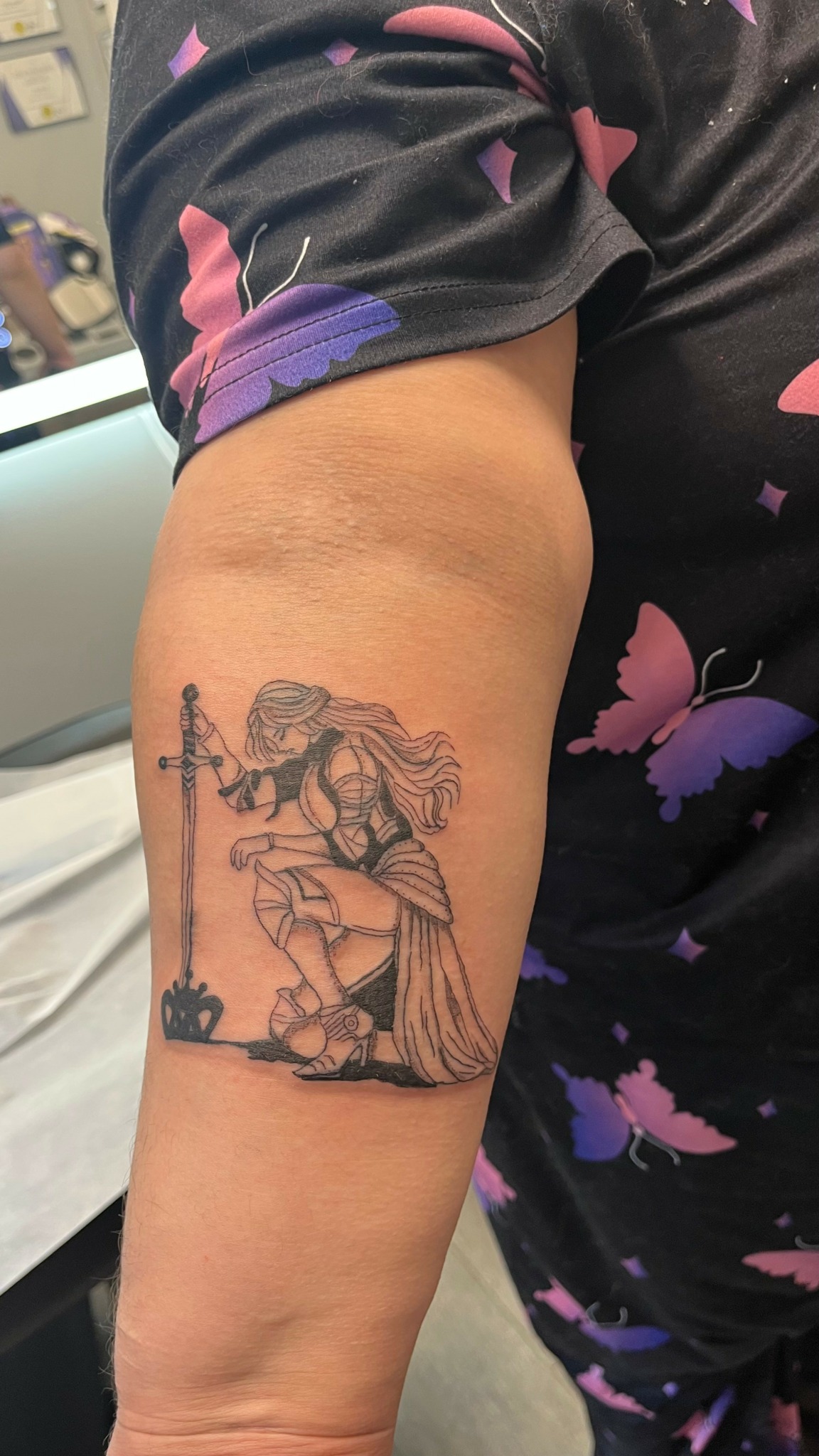
Learning and unlearning are both critical parts of growth – can you share a story of a time when you had to unlearn a lesson?
One of the hardest lessons I had to unlearn was the belief that I needed to say yes to everyone — that turning someone away meant I was failing them, or worse, that I wouldn’t be liked anymore.
For years, I carried the weight of that mindset, both as a therapist and now as a tattoo artist. I used to think that being helpful meant being available to anyone who asked. But over time, I realized that real integrity often looks like saying no.
It took me a long time to understand that setting boundaries — knowing my scope, my capacity, and my limits — isn’t selfish. It’s an act of care. When I say no to a therapy client I’m not the right fit for, or when I decline a tattoo request that doesn’t align with my skills or style, I’m actually protecting them, too.
That shift didn’t happen overnight. It took years of experience, supervision, and a lot of inner work to recognize that turning people away when necessary is part of showing up well for those I can hold space for.
Now, I trust that the right clients will find me — and that I can serve them better by honoring my own limits with compassion and clarity.
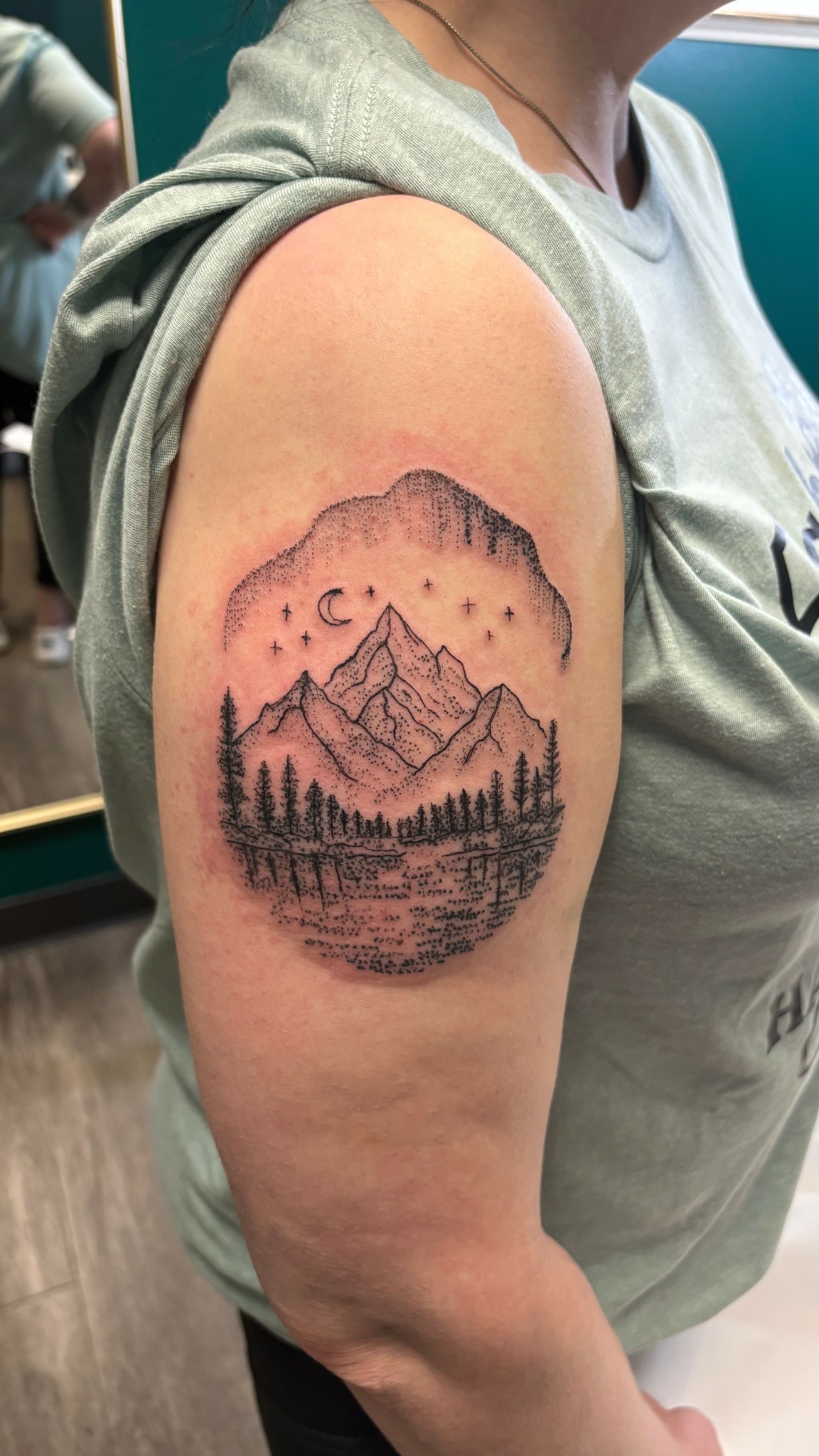
Putting training and knowledge aside, what else do you think really matters in terms of succeeding in your field?
Beyond training or knowledge, I believe the most essential ingredient for success — in both therapy and tattooing — is connection.
Being fully present, offering unconditional acceptance, and creating a space where someone feels truly seen — that’s where the real work begins.
These qualities mirror the core principles of person-centered therapy: unconditional positive regard, congruence, and empathic understanding. They guide how I show up in both of my professions.
At the end of the day, it’s not just about what I know — it’s about how I connect.
Contact Info:
- Instagram: https://www.instagram.com/tinyelephant_ink?igsh=bDhpZTBwOGhhbGQ1&utm_source=qr
- Facebook: https://www.facebook.com/share/16vL299v7P/?mibextid=wwXIfr
